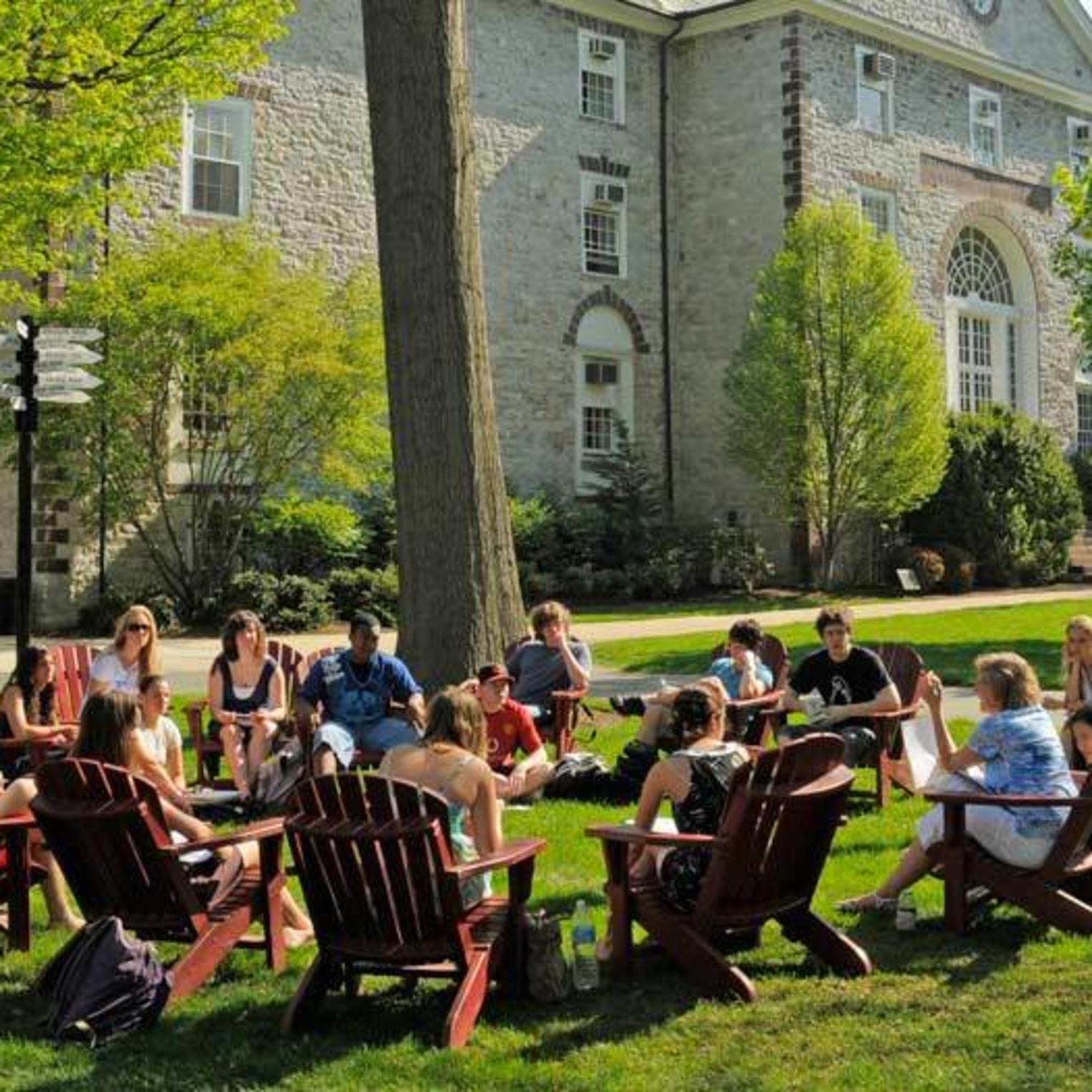Impacts of Othering
February 20, 2023
Prompt: Taking the concepts of self and other, think about your community (your home, your college or university, some other community in which you are involved) and consider who belongs and who is an outsider. What group or groups do you experience primarily as plural others, rather than as individuals? How does that affect your perceptions of them? What are the social and practical effects of othering?
People are considered other for many reasons in my hometown. Generally, anyone considered other didn’t participate in the necessary activities or dress in such a way that would make someone socially mainstream. But in this case, every person is likely an other somehow. Therefore, it seems this is more surface-level othering based upon interests such as a hobby or friend group. Othering in my hometown had more to do with social engagement than identity factors such as religion or background. Regardless, I often considered the athletes in my high school as plural others as I was more engaged in the arts and music. I didn’t think poorly of them, I just was never around them often enough that I considered them differently. It is possible that from their point of view, I was an other who didn’t belong in sports settings. Because of the multiple cliques in high school, students were often sort of inside outsiders who were generally bound by a shared community in school while having little in common with most of the student body.
Unfortunately, language also makes people insiders and outsiders in my hometown in Oregon. Many only speak English, and people often presume that others should be able to speak it or there are limited resources for those who do not. Due to a lack of resources for non-English speakers, they can be marginalized. The effect of this othering would be that some may be unjustly treated differently and denied the benefits of services and activities due to a language barrier. I can say undoubtedly that Dickinson is more linguistically diverse than my hometown in Oregon, and I am amazed at how many different languages I hear students and faculty speak on campus. I hope that one day my hometown and those within will benefit from more spoken languages that can open up communication possibilities.

https://www.visitcumberlandvalley.com/listing/dickinson-college/972/
Additionally, othering at Dickinson takes a different tone. I am a new student, so I have yet to grasp the social landscape fully, but the scope of belonging seems broad, with fluid social groups. The factors that make someone belong or others are more complex. This difference means that others are people I don’t know yet, not specific groups of people with commonalities between them. It also seems that in college, people are free to pursue more specific interests, which leads to students engaging in a wide array of activities, unlike those in high school.
Socially speaking, I think “othering” has the potential to limit personal growth and deter people from meeting new friends and expanding their comfort zones. When other people can see the individual instead of the other, they get closer to building connections. This shifted viewpoint means that practically someone can appreciate what makes people different. Recognizing that everyone has different challenges to face will make it easier to support and understand them. I hope that this support and understanding extends to practicality through institutional resources.
Leave a Reply